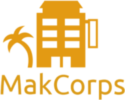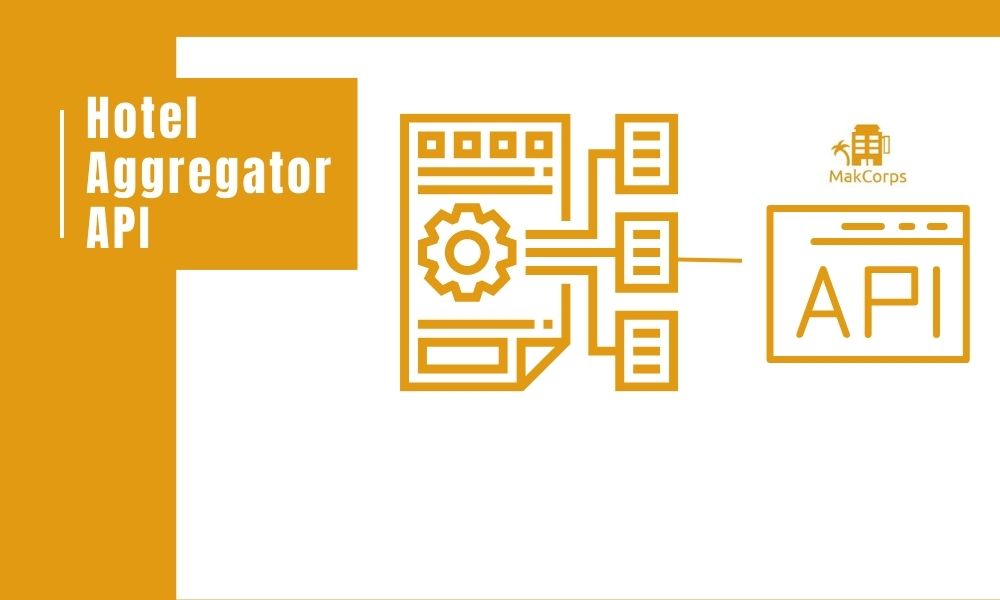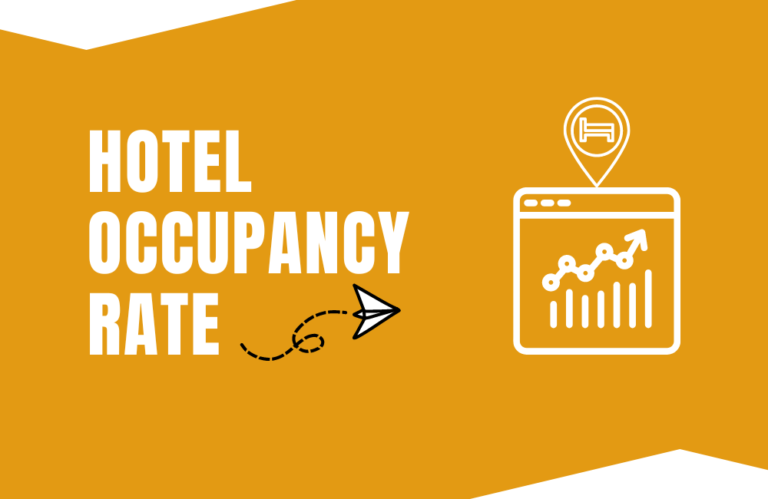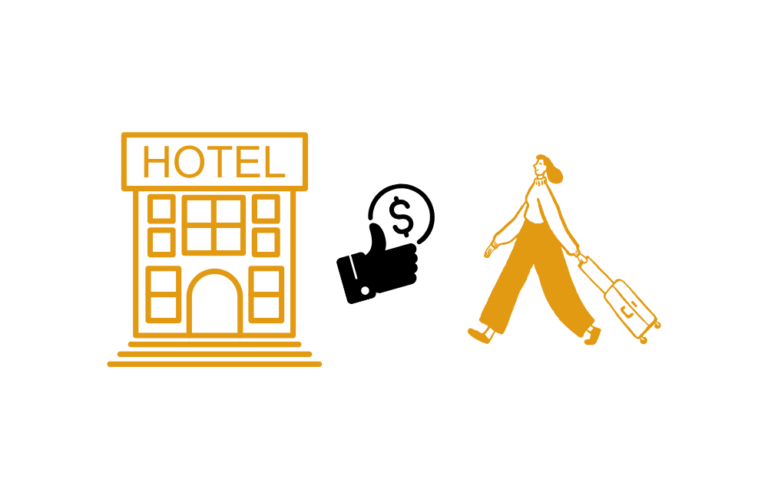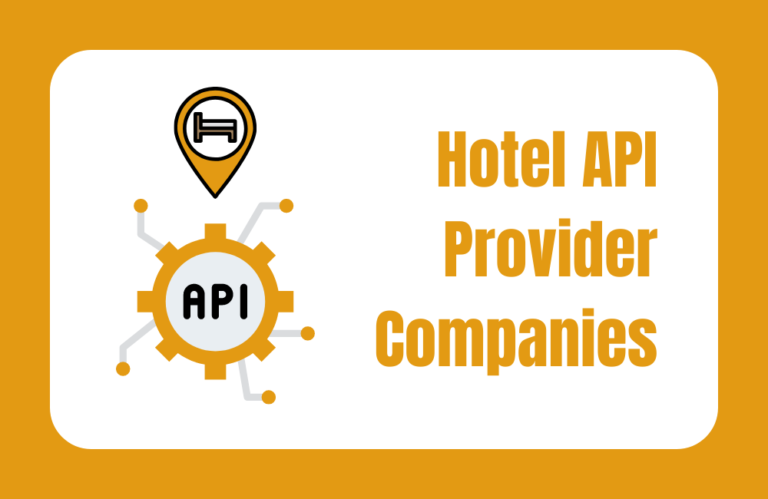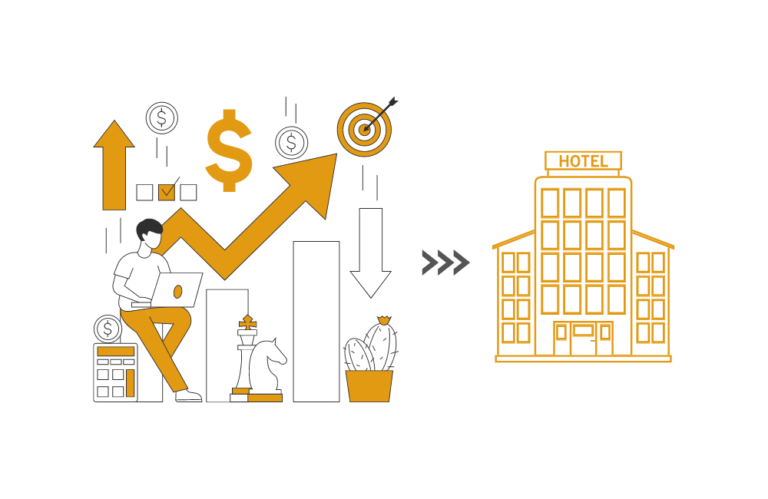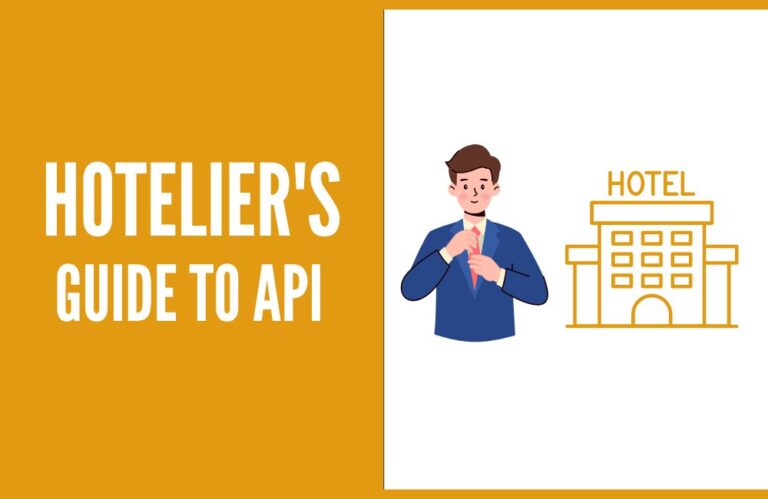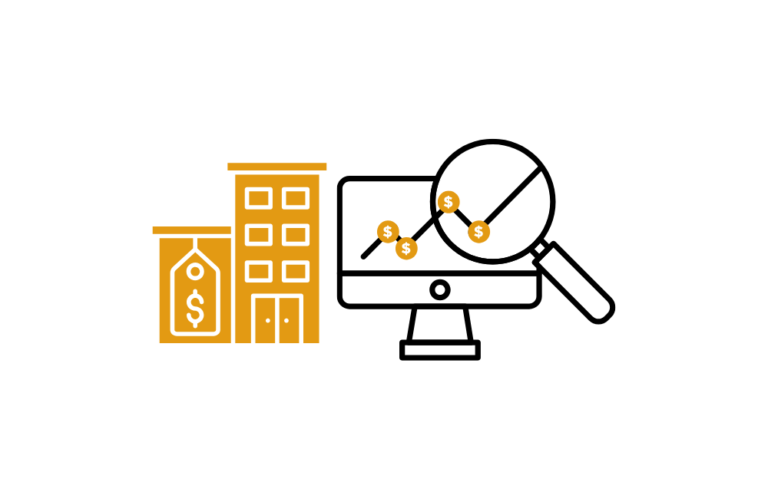Hotel Aggregator API: An Ultimate Guide For Hotel Industry Professionals
Attention, developers and hotel industry professionals!
There’s a game-changing tool in the world of hotel bookings that you need to know about: Hotel Aggregator API.
In this post, we’re diving deep into everything you need to understand about this powerful resource that’s transforming the way accommodations are managed and booked.
So, prepare to level up your business as we explore the ins and outs of the Hotel Aggregator API!
Let’s start with what exactly is Hotel Aggregator API.
What is Hotel Aggregator API?
A Hotel Aggregator API is a powerful tool that streamlines the process of gathering information from multiple sources in the hospitality sector. By consolidating data on pricing, availablity, reviews, address and more, it provides businesses with a comprehensive view of the hotel landscape.
WHAT IS HOTEL aGGREAGTOR API
You can think of it as a one-stop shop for hotel information where you can find everything you need, from pricing and availability to reviews and photos, all in one place.
That’s what a Hotel Aggregator API does!
It’s a powerful tool that gathers data from multiple sources, like online travel agencies and hotel websites, and organizes it into a comprehensive and easily accessible format.

Why Should Hotels Invest In a Hotel Aggregator API?
A hotel aggregator can perform a number of tasks that make selling hotel rooms easier and more profitable.
When doing hotel competitor analysis, the following features are important to consider. These points will also give you insights into how you can use hotel aggregator’s APIs to increase your revenue.
The fun fact is, you don’t have to stick with the one hotel aggregator API, you can choose different hotel API providers according to the different data requirements.
So, let’s check out the uses of hotel aggregator API.
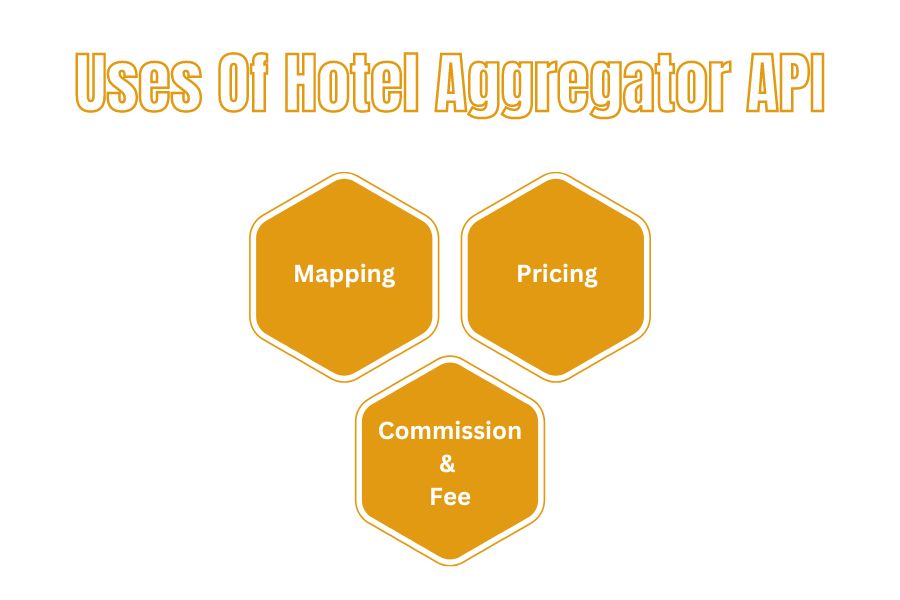
1. Mapping
One of the primary functions of a hotel aggregator is mapping hotels and their room options. Mapping is the process of matching each supplier’s hotel content to the right hotel location and choosing which content to display to the end user.
Hotel mapping is extremely crucial for hotels, not doing mapping and poor mapping can make things worse.
A mapping exists because each supplier’s information (pictures, descriptions, contact information, etc.) on a given hotel is slightly different than the information provided by other suppliers.
Each supplier takes their own pictures of the hotel, its rooms, and its amenities, and each supplier wrote their own description of the hotel.
They can even have differences in the addresses — one supplier may have spelled out “Street” or “Avenue” while another supplier may have abbreviated those words.
Mapping is the process of merging these differences and picking the best representation of the hotel data, pictures, and amenities to show to the end customer.
If you’re interested in discovering the most effective hotel mapping tools, head over to this blog.
2. Pricing
For better hotel revenue management hotel aggregators should manage complicated pricing rules that exist in the hotel retail industry.
For example, a Supplier provides hotel rooms from a particular hotel at $100 per night, while Supplier B provides hotel rooms from the same hotel at $110 per night. The cheapest inventory is from Supplier A, so rooms from Supplier A will be shown in search results in the hotel booking engine.
However, if Supplier B will give a $20 discount on rooms at that hotel after 100 rooms have been sold, then it might be beneficial to sell Supplier B’s rooms for a different price upfront and recoup losses on sales over 100 rooms. This way hoteliers can create their hotel pricing strategy to take their revenue to new heights.
If you’re looking for a hotel pricing monitoring tool that offers your guest the most beneficial price that no other hotels in your area can provide. You must give a try to Makcorps Hotel Pricing API
Curious? how can you use MakCorps hotel Aggregator API? Watch the video to find out:
3. Wholesale Markup, Commissions & Fees
In addition to calculating hotel pricing for yield management, hoteliers also need to calculate any wholesale markup, commissions, and fees on each sale.
Markup, commissions, and fees can vary depending on the retailer’s business plan and can change over time so that information needs to be customizable.
A hotel aggregator must be able to calculate this information using variable inputs and complex rules. In order to receive greater profit, hoteliers must know how much commission should they pay to distribution channels.
Final Words
In summary, the Hotel Aggregator API is a game-changing tool that hoteliers should not miss out on. It streamlines mapping, pricing, and data consolidation.
By integrating a Hotel Aggregator API, you’ll enhance customer experience, optimize revenue management, and stay ahead of the competition.
Don’t wait, embrace the benefits of Hotel Aggregator API Today!
